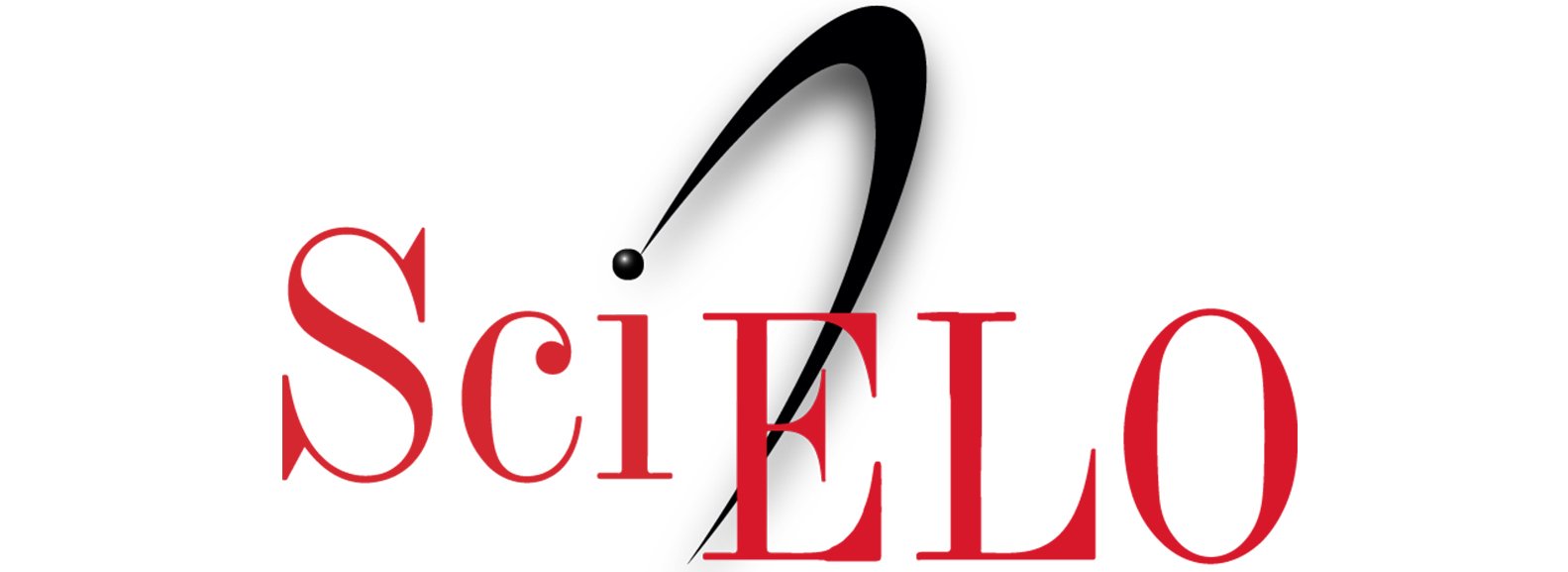EDITORIAL
REVISTA DE LA FACULTAD DE MEDICINA HUMANA 2021 - Universidad Ricardo Palma10.25176/RFMH.v22i1.4389
Lifestyle Medicine: a field of medicine with deep roots and great potential for the future
La medicina del estilo de vida: un campo de la medicina con profundas raíces y gran potencial para el futuro
IOANNIS ARKADIANOS1,2
1Vice President and co-founder at European Lifestyle Medicine Organization
2Athens University Medical School.
Lifestyle Medicine - even though the term only recently started being broadly used – has its roots in ancient Greece, thousands of years ago. Hippocrates (460 – 370 B.C.) was the first one to use the term of Lifestyle Medicine, suggesting
that in order for someone to have a good health, they should just “avoid eating excessive amounts of food and try to exercise even a bit”. So, he set the ground for what we call today, Lifestyle Medicine (1)
Thousands of years went by since then and the development of lifestyle with the form we experience it today is the main cause of many diseases (2). For a good health nowadays, a good nutrition and a bit
of exercise – like Hippocrates said – is not enough. Additionally, we must take into consideration a good mental state, a clean environment, good sleep and to avoid harmful habits such as smoking and alcohol.
Starting my scientific career almost 30 years ago and treating mostly obese patients – obesity is a characteristic lifestyle disease - the term Lifestyle Medicine actually did not exist.
But the approach I followed and the treatment I applied in this group of patients – and I continue to do until this day - is exactly what Lifestyle Medicine ambassadors today:
First step was to receive from each patient a detailed medical history, a series of questionnaires to fill and a panel of laboratory exams to do, in order to find out the causes of the problem.
Afterwards they receive advice and instructions for a healthy nutrition - according to the Mediterranean Diet model (3,4,5) and motivation for exercise (6),
as most patients didn’t have time to work out. Focusing on stress management (7) - which most of the times is difficult in this category of people - and recommendations for reduction of alcohol (source of many
calories and main cause of liver disfunction) are important aspects as well.
The living and working environment in which the patients were, effects of course all of the previously mentioned thus completing almost all the basic pillars of Lifestyle Medicine as we define it today.
The results – if the patients follow the instructions – are excellent and with the prospect to be preserved long term if the changes are adopted in the lifestyle.
Today the Lifestyle Medicine holds a strong position in the prevention and treatment of a big percentage (almost 80%) of non-communicable diseases (8). Characteristic is the constant increase of published
articles (9) in scientific magazines that include the term Lifestyle Medicine (1995-1999: 2228 publications and 2015-2019: 17.136 publications).
Talking with medical professionals, unfortunately very few have heard of the term and that makes the role of everyone occupied with that sector – and particularly the opinion leaders – very important regarding the proper information
of both health professionals and the public.
As for the future, the interest in this field of Medicine will definitely grow.
As key-points for achieving this I would include:
- The form of usage of Lifestyle Medicine, which should be strictly evidence based
- The necessary and constant education and practice of health practitioners regarding the subject
- The right information of the public with events or campaigns (also supported by government agencies)
- The need of creating a Lifestyle Medicine specialty in the upcoming years.
Correspondence: Ioannis Arkadianos M.D.
E-mail:arkadianos@arkadianos.net
References
